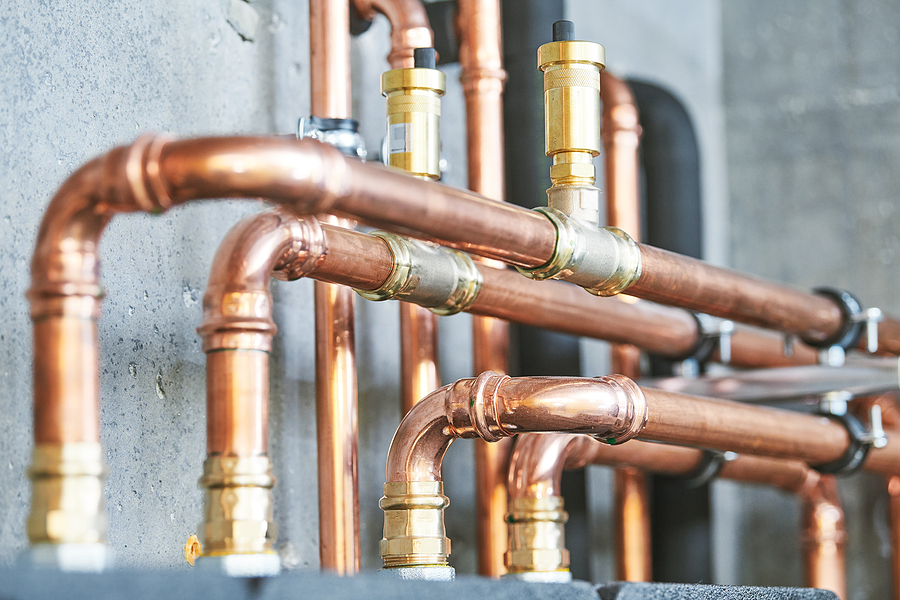
If you’re buying an old home, you’re likely assuming that the utilities are a top priority for home inspectors. There’s a good chance that the electrical and plumbing are outdated. Upon completion of the home inspection, you’re probably assured that your kitchen ceiling won’t come crashing to the floor as a result of leaking or damaged plumbing, but that’s not entirely true. The truth of the matter is, what’s involved with a plumbing inspection is not necessarily what you’d expect.
Plumbing Inspections are Typically Superficial
As with most aspects of a home inspection, inspectors are not permitted to dismantle anything. When you hire a home inspector, there are four elements they inspect in the plumbing: the water temperature, pressure, and flow from taps, whether the drains are properly functioning, if there are damaged pipes, and if the toilets flush. This will help them determine if there is an apparent problem with the plumbing. Otherwise, while they can inspect exposed pipes, such as in the basement or running from the water heater, they are not able to see what is going on behind the walls or in the ceiling.
What Plumbing Issues Can Home Inspectors Uncover
Despite their limited access to the pipes, home inspectors are trained to diagnose both obvious and obscure plumbing issues. Some of the more common issues they can determine include:
- Water Leakage: A home inspector will search the home for signs of water damage, mold, fungus, or mildew, which may indicate cracked and leaking pipes.
- Cross-Connection Problems: Cross-connection happens when water meant for household use is contaminated by water from another source or vice versa. This results in tainted water.
- General Piping Issues: Aside from broken or cracked pipes, a plumbing system could have been built using pipes designed for other purposes. Some pipes may even be illegal for home use.
If you are a seller, to avoid a failed inspection, make certain any plumbing work performed by you or a contractor is contractor meets the legal standards and guidelines. Also, regularly inspect the plumbing yourself to be sure no rust or water damage is developing.
Knowing what’s involved with a plumbing inspection helps you better understand the limits of a home inspector’s role. It also informs you of how to better take care of your own plumbing and the warning signs to watch out for. If you’re buying or selling a home, you’ll want to be sure to hire an experienced home inspector with extensive plumbing knowledge. At Homeinex Corporation, our licensed professionals are dedicated to performing in-depth, quality home inspections. If you would like to schedule an appointment, contact us today.